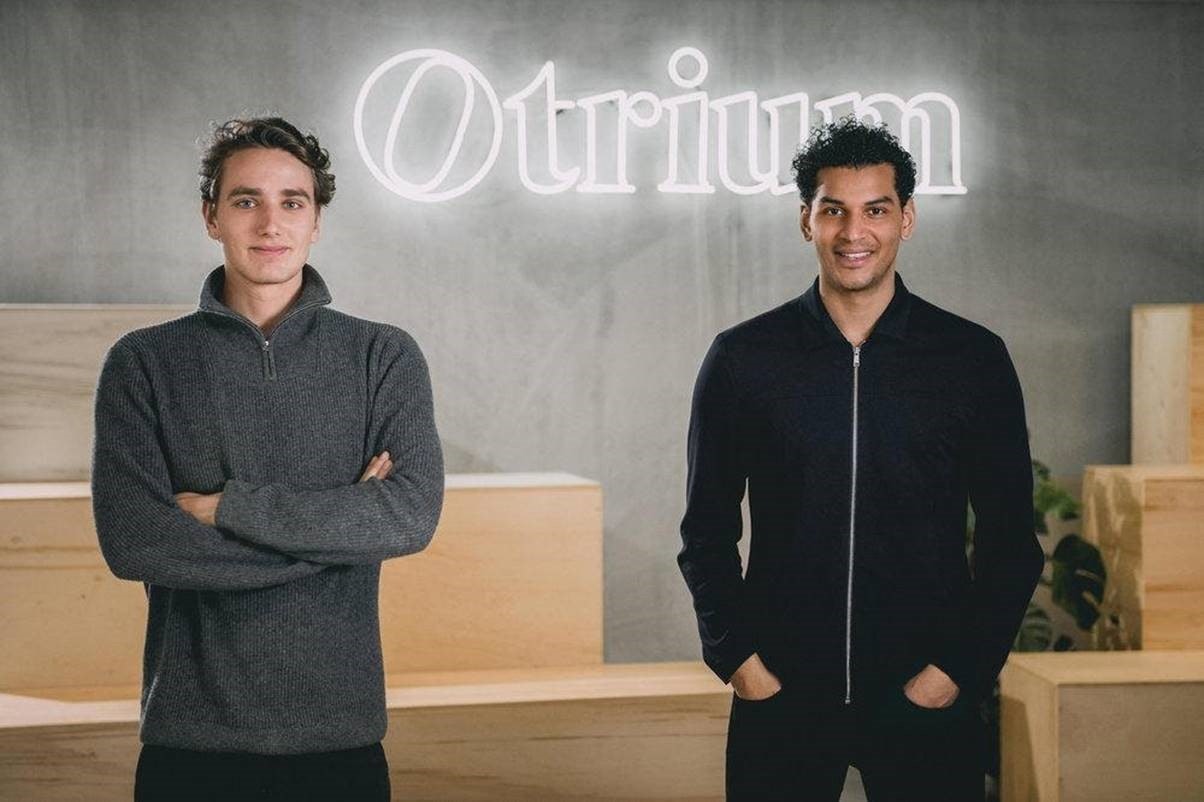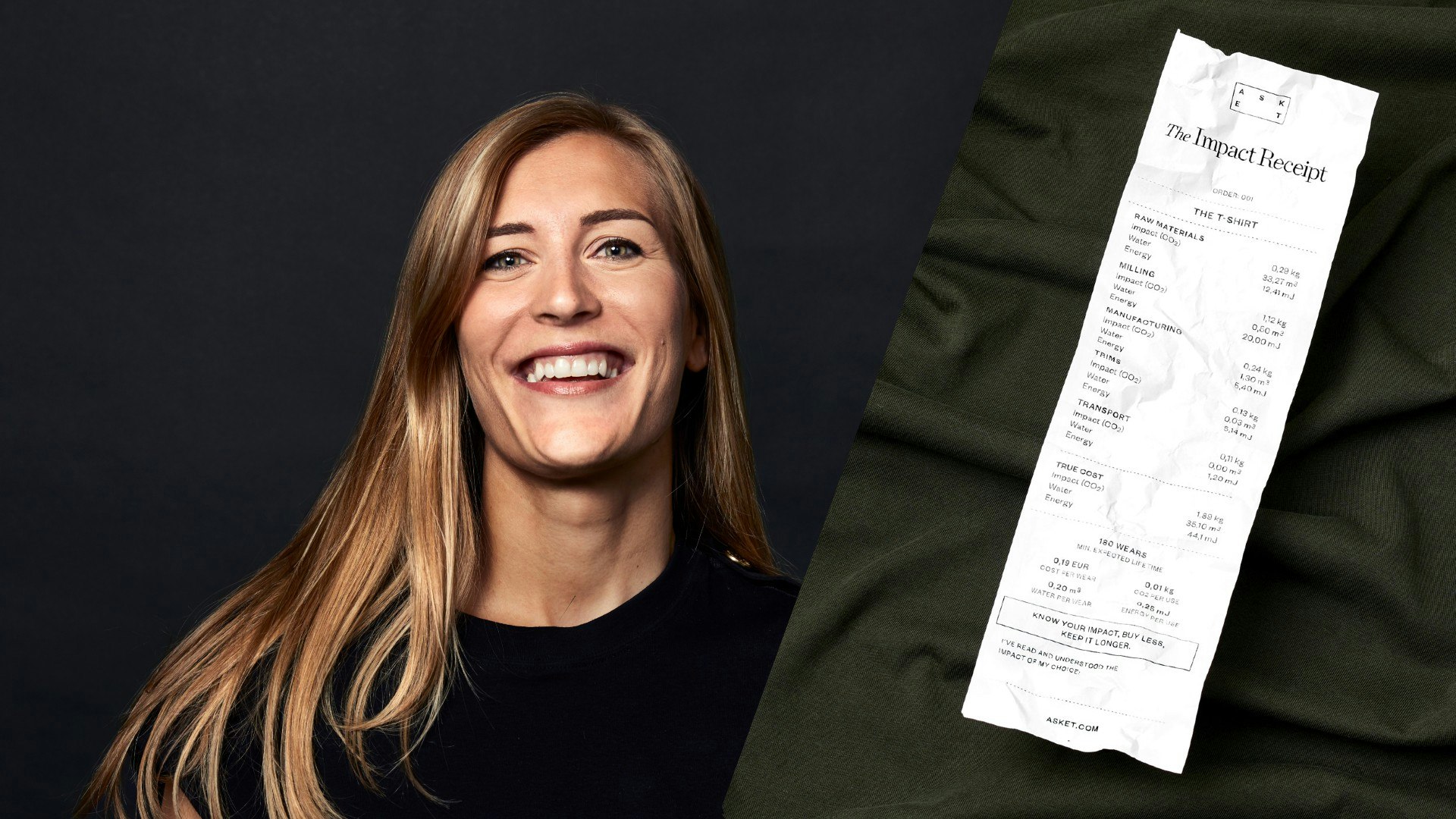About 12% of all clothes that get manufactured don’t get worn. They often end up collecting dust in a warehouse, chucked into a landfill site, or even — as once happened with Burberry — burnt.
Dutch startup Otrium believes it has the answer — an ecommerce marketplace for brands to sell excess stock, and the company’s just raised another $120m to increase its reach.
The Series C round is co-led by BOND and Index Ventures and brings the company’s total funding raised to $157m, after raising $8m in 2019 and $28m last May.
The problem
“It’s our mission to make sure that every clothing product that gets created gets worn,” explains cofounder Milan Daniels.
“That’s driven by a love for the fashion industry — it’s a shame that beautiful items end up not being worn — but it’s also about respecting the resources that go into making clothing...it’s unacceptable if they don’t end up being used.”
It takes, for example, 2.7k litres of water to produce one cotton t-shirt: that’s about the amount of water one person drinks every three years.
Solving excess stock is also commercially hugely beneficial, Daniels says. “These products were sold at full price up to three or four months ago, so being valueless so soon after doesn’t make sense.”
It’s a problem Daniels has experience of himself — he ran a sweatshirt clothing business before Otrium and found himself, at one point, with €100k worth of unsold stock.
At present, some excess stock goes to stock buyers, but they often don’t have the community at hand who wants to buy the stock, Daniels says, meaning the clothing’s worth goes down significantly.
The solution
That’s where Otrium comes in. Its online marketplace allows brands to upload their excess stock and sell them to Otrium’s users — there are currently 3m registered on the site.
The marketplace uses data analysis to price the clothing and match it with customers.
Brands can also choose whether they want to market the clothes internally or externally to the site — something which helps when they’re trying to stop the cut price collection competing with the newest one.
Otrium takes a commission from the brands. It won’t disclose the exact figure but says it’s competitive compared to other end-to-end marketplaces, like Amazon.
Solving the root cause
“There’s also a root cause to unsold inventory that we want to solve too,” says Daniels.
“Brands are addicted to creating new styles and new designs that haven’t been tested on the market yet. We enable brands to see which styles and sizes are still in demand from previous collections.”
This means brands can see which styles and sizes they should produce more of to try and ensure the collection sells out 100% within a short space of time.
“In that way we are shifting brands away from solely creating new items to extending the life cycle of existing ones.”
The idea is what drew Index Ventures, who co-led Otrium’s latest round, to invest.
“The notion of brands producing fewer new items and focusing more on what their customers love and buy over and over again, is powerful,” says Danny Rimer, partner at Index and board member at Otrium.
Otrium plans to use the new funding to increase its workforce — it currently has 160 staff members but plans to recruit a further 100 across the next year. The company will also expand geographically, particularly in the US where it’s just launched.


